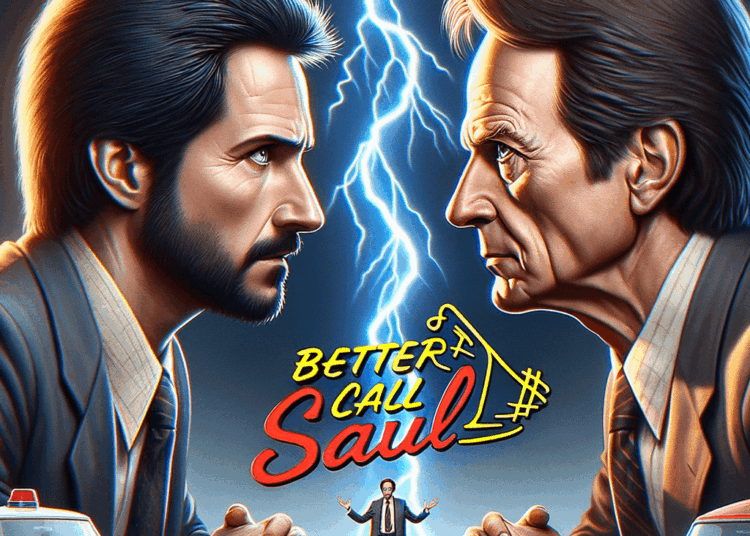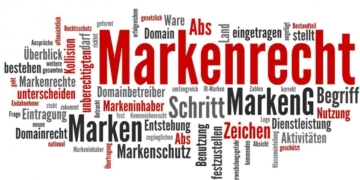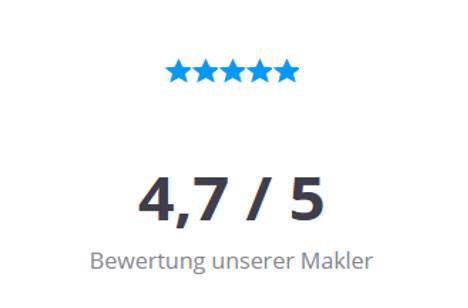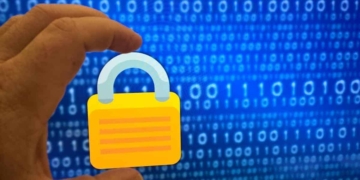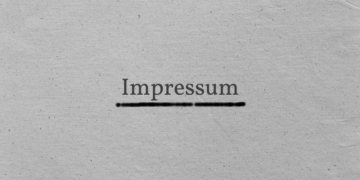In my latest LinkedIn post, which you can find here, I have published the second video in my series with 1Pitch on influencers and the importance of KPIs in influencer contracts. I chose the hashtag #BettercallMarian, a playful reference to the well-known series “Better Call Saul”. This creative approach leads us to an important legal question: when can the use of a hashtag constitute trademark infringement?
Hashtags and trademark law
The use of a hashtag that contains a term protected by trademark law can be relevant under trademark law and should therefore be used with caution. As soon as a term is registered as a trademark, it enjoys extensive protection. This means that the trademark owner has the exclusive right to use his trademark and to prohibit others from using it, especially if this could result in a likelihood of confusion with the trademark owner’s goods or services.
This rule applies not only to the obvious use of the trademark in advertising or on products, but also extends to the seemingly more innocuous use on social media, including use as a hashtag under a social media post. Depending on the context, the use of a trademarked hashtag can be seen as an attempt to profit from the brand’s fame and reputation or to establish an association with it, which may constitute trademark infringement.
When selecting hashtags for marketing or communication purposes in social media, it is therefore important to carefully check whether they contain terms protected by trademark law. This applies in particular to companies and influencers who frequently refer to brands in their posts. Unauthorized use can lead to legal consequences such as warnings, injunctive relief and claims for damages. Therefore, if in doubt, it is advisable to carry out a legal check or obtain the consent of the trademark owner before using a trademark-protected term as a hashtag.
#BettercallMarian: A risk?
With #BettercallMarian, one could argue that the hashtag is a reference to “Better Call Saul”. However, the question is whether this allusion is sufficient to constitute a trademark infringement. The degree of similarity, the context of use and the recognition of the trademark are decisive here.
Commercial reference as a key factor
A decisive factor in assessing the relevance of a hashtag under trademark law is the commercial reference of the publication. This aspect is becoming particularly important in the world of social media, where the boundaries between private and commercial use are often blurred. Special care must be taken with a public, commercially used account, as is often the case with influencers, companies and other professional actors.
The use of a brand name in a hashtag for the purpose of increasing product sales, promoting a service or increasing brand awareness without the consent of the trademark owner may constitute an infringement. This applies in particular if the hashtag is used in a context that suggests a commercial intention or if it is used in a way that implies an official connection, partnership or support by the brand owner.
In addition, the use of a trademarked hashtag in a commercial context can also be misleading if it gives the public the impression that there is a connection between the post and the trademark, which in turn increases the likelihood of confusion. This can not only lead to legal consequences such as warnings and claims for damages, but can also affect trust and credibility among followers and customers.
It is therefore essential for influencers and companies to draw a clear line between personal expression of opinion and commercial advertising and to carefully check whether permission is required when using hashtags that contain brand names. In cases where there is uncertainty, it is advisable to seek legal advice or seek the trademark owner’s consent directly in order to avoid potential infringements.
Trademark law 1×1: Who is entitled to protection?
Trademark owners have the exclusive right to use their trademark and to prohibit third parties from using their trademark if this is likely to give rise to a likelihood of confusion. This right allows trademark owners to maintain the integrity of their trademark and ensure that it is not diluted or damaged by unauthorized or misleading uses. The likelihood of confusion is a central aspect of trademark law, as it concerns the likelihood that the public could gain the impression that there is a connection between two different products or services if both are offered under similar trademarks.
However, trademark protection does not arise automatically. In order to obtain this protection, the trademark must be applied for and registered with the German Patent and Trademark Office (DPMA). Registering a trademark with the DPMA gives the trademark owner the exclusive right to use the trademark for the registered goods and services and to prohibit others from using this trademark in a commercial context. This also includes the use of the brand in advertising, on products, in business names or as part of a hashtag in social media.
It is important to note that trademark protection is territorially limited. A trademark registered with the DPMA offers protection in Germany, but not automatically in other countries. For international protection, trademark owners must file separate applications in other countries or regions or use the Madrid system for the international registration of trademarks.
In addition, the trademark must have distinctive character and must not be descriptive of the goods or services for which it is to be registered. Trademarks that use generic terms or common names may be rejected because they cannot serve as unique identifiers for a specific company or product.
Overall, registering a trademark with the DPMA provides an important legal basis for the protection and enforcement of trademark rights, both in traditional business transactions and in the digital world of social media.
When does a harmless hashtag become a legal risk?
The use of hashtags in itself is not illegal and is common practice in social networks. They are used to categorize content, improve findability and participate in current discussions. However, the situation changes fundamentally if a hashtag contains a registered trademark or can be confused with one. In such cases, the use of the hashtag may be considered an unauthorized use of the trademark, especially if it is in the course of trade and has the potential to mislead consumers or create the impression of an association or endorsement by the trademark owner.
An infringement of trademark rights through the use of such a hashtag can quickly lead to legal consequences. This can include warning letters from the trademark owner requesting the infringer to stop using the hashtag. In addition, claims for damages can be asserted, in particular if the use of the hashtag has caused financial damage to the trademark owner or if the unauthorized use of the trademark has led to a profit for the infringer.
In some cases, the unlawful use of a trademarked hashtag can also lead to injunctions requiring the permanent cessation of the use of the hashtag. This can become particularly relevant if the infringer does not respond to a warning or repeatedly infringes the trademark rights.
It is therefore important for social media users, especially companies and influencers, to be aware of the potential trademark implications associated with the use of hashtags. Careful examination and, if necessary, legal advice can help to minimize the risk of unintentional trademark infringement.






















